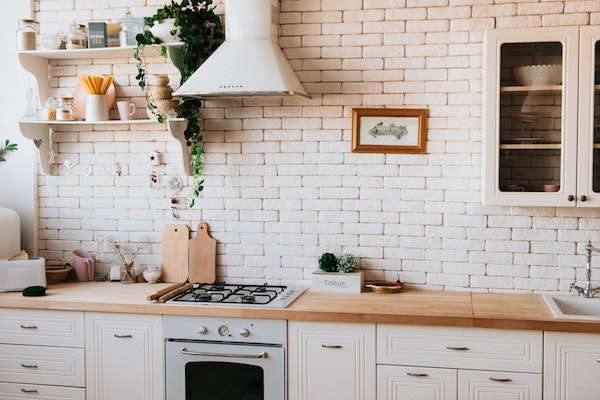I’m often asked what are the most important things that I’ve learnt throughout my time of buying property, so I thought I’d share them with you.
- Set your goal. Figure out what you want and how much it will cost. Create a vision board, write it in detail in a book, visualise it. How many bedrooms and bathrooms? A “fixer-upper” or an “already done-upper”? A home or investment property? What kind of kitchen, bathroom, wardrobe, lounge room, garage or carport. If it’s a house, what’s in the yard? If it’s an apartment, how many floors, what’s in the common areas? What will the street and neighbourhood look like? Do you want to have easy parking or happy to be close to bike lanes and public transport? Do you want to be near schools, shops, bars, cafes, parks, the beach, the bush? It’s also a good idea to think about how long you plan to own this home. If it’s your home, will these details still fit your needs in 5 or 10 years? Get detailed on your goal!
- Keep your motivation high. Put your vision board somewhere you will see it every day. Break down your savings goal so that you can see that you’re getting somewhere. Keep your eye on the market so you know what’s going on. Check in with those details of your property to make sure they still fit. Write yourself a story as if you’ve owned the property for a year so you’re creating a virtual memory. Do you whatever you can to keep your motivation high.
- Don’t let a knock back stop you. My biggest regret is that I lost years by listening to one banker tell me that they wouldn’t lend me money. Instead of shopping around and talking to a broker, I listened and went away and licked my wounds. If you’re knocked back on a loan, find out why and fix it. If you miss out on your dream house because you were outbid, don’t let it stop you. You’ll fall in love with another! Stand strong and make it happen.
- Run your own race. When it comes to property, it seems that everyone is an expert. They all have an opinion of what you “must” do and what you “mustn’t”. One minute the newspapers are calling doom and gloom, the next it’s boom. One of your friends might own three properties, another one might never plan to own one. The fact is that everyone is different. You need to just do two things: A. figure out what you want and then get it, B. understand that property markets move in cycles and that these cycles are at different stages in different states, cities and suburbs. Don’t get caught in other people’s hype!
- Have a great team beside you. You need help through this process, so start asking for recommendations. You’ll need a mortgage broker, a conveyancer, a building inspector (we advise against relying on the report supplied by the agent as this offers you no protection. Having an independent building inspection performed by a licensed builder is a far better and safer option). If you’re buying in a strata complex, you’ll need a strata report. If you’re having trouble securing a property, you may want to seek advice and support from a buyers’ agent. If you’re bidding at auction and scared that the adrenalin might take over, find someone who can do the bidding for you – and keep you on budget. If you’re buying an investment property, there are some great investment property consultants out there who can find a property to match your brief at no additional cost to you. Have your team ready. Things tend to move fast once you get the ball rolling.
- Prepare. Once you’ve got your mortgage, you are committed to making this payment for up to 30 years. You need to make sure 100% that you can manage your money so that you don’t default on your mortgage or have to sell your dream property. You can prepare by having a solid spending plan. Figure out what you spend your money on, make sure you have enough set aside for your essentials before you allocate your non-essential money. Once you know you can live on your spending plan, have all your bills covered and have savings, you’ll know that you can live within your means. You’ll also demonstrate to the lender that you’re a good risk. If you can’t live within your means, you either need to get a higher paying job or review your lifestyle! You’ll also need to research the RECENT, LOCAL property market so you can confidently make an offer based on current market values. I stress “recent” and “local” because markets change and if you’re comparing prices from 3 months ago or a few suburbs away, you may risk overpaying or underbidding and missing the property. Do your homework.
- Don’t get in over your head. Don’t sacrifice your lifestyle just to own a home. If you can’t afford your dream home, decide whether you’ll settle for something less than you’d hoped for, or if you should start off with an investment property and continue renting a home is your ideal location. You could even think of more ways to buy your home – you could go halves with parents, family members or a friend, or you could borrow money for your deposit from a family member so that your monthly mortgage repayments are lower. Think outside the box. Mortgage stress is real. It’s draining on your finances and mental health. Don’t let that happen to you.
- If you can, buy another. Once you know you can manage the payments on one home, think about whether you can manage another. Using the equity you’ve built in your home through increase in value and paying off the debt, you have options to borrow money against your home to buy an investment property. Talk to your broker if you want to pursue this wealth creation strategy.
If you want to buy that house, make it happen!






